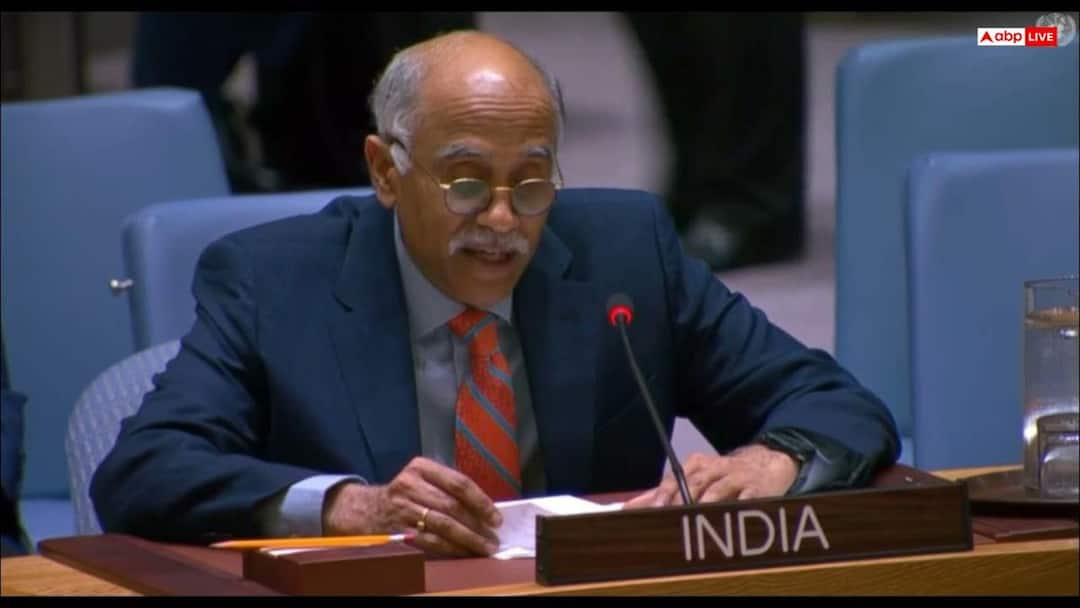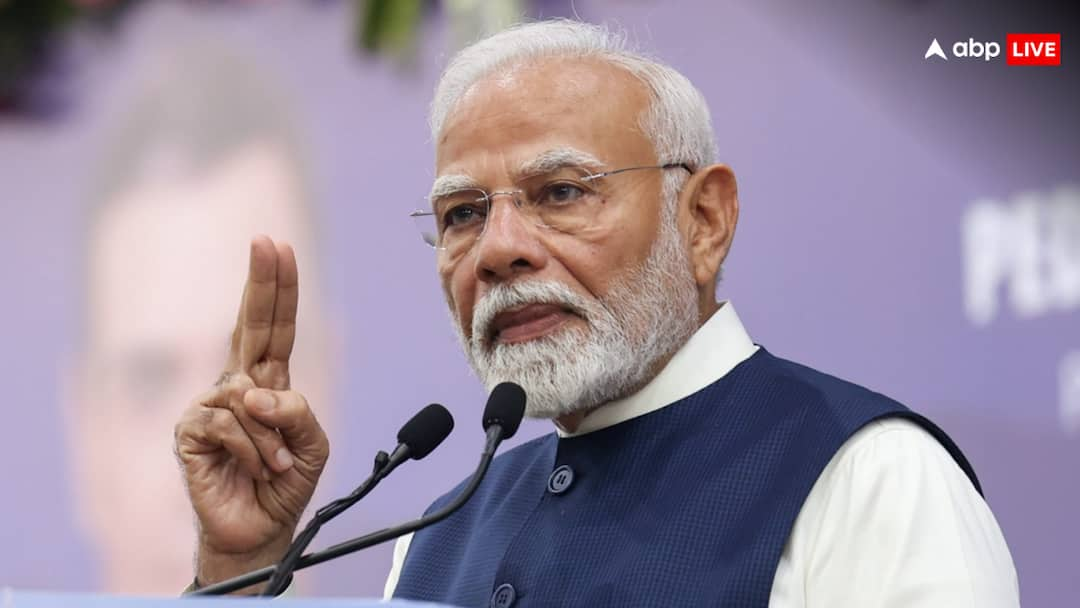- August 29, 2023
“Diplomacy Not For Impatient People”: S Jaishankar On UN Reforms

Mr Jaishankar said the pressure for change was also visible at the BRICS summit.
Reforming the United Nations will not be easy but there is no need to be pessimistic, External Affairs Minister S Jaishankar said today, adding that the really big achievements take time, hard work and a lot of negotiations.
In an exclusive interview with NDTV, Mr Jaishankar cited the example of the recent BRICS summit in Johannesburg, where the declaration – for the first time – had an explicit reference to United Nations Security Council memberships.
“There is a reference to memberships, plural. There is a specific reference to India, Brazil and South Africa. So, it is not that this is something which is stuck and which is not moving. Yes, it is moving slowly. Yes, we would like the inter-governmental negotiations in New York to pick up pace. We want it to be text-based, we want people to be more outcome-oriented,” the minister said.
“But diplomacy is not for impatient people, it’s something that you have to plug away and keep plugging away. It’s, in some ways, almost as patient as the Army. What we are seeing, unfortunately, in many ways, is a gridlock in the security council on some issues. Even before the Ukraine conflict started, we actually felt that the security council no longer authentically represented the entirety of the membership,” he added.
Mr Jaishankar said that if the most populous country in the world is not on the security council, if 54 nations of Africa are not there, if Latin America is not there, the fact that the council is very anachronistic is very visible. He said the pressure for change was also visible at BRICS and which is why we are beginning to see “the evolution of positions out there”.
Responding to a question on whether the G20 could gain importance at the expense of the United Nations, the minister said, “G20 will pursue its mandate of global growth and development. The UN and the UNSC have their mandate. The security council, particularly, has a mandate of ensuring international peace and security. One cannot substitute for the other. I would caution against transposing problems and agenda of one onto the other.”
Mr Jaishankar said the United Nations cannot be fixed by countries saying let’s go and do the job elsewhere. “That will not fix the UN. That will make for a weak and increasingly ineffective UN, which is the direction in which we see it going right now. At some stage, the members themselves have to wake up to the realisation that the longer they put off reforms, the less representative the security council is, frankly the less the credibility of the UN would be. People will then go and do things outside the UN.”







